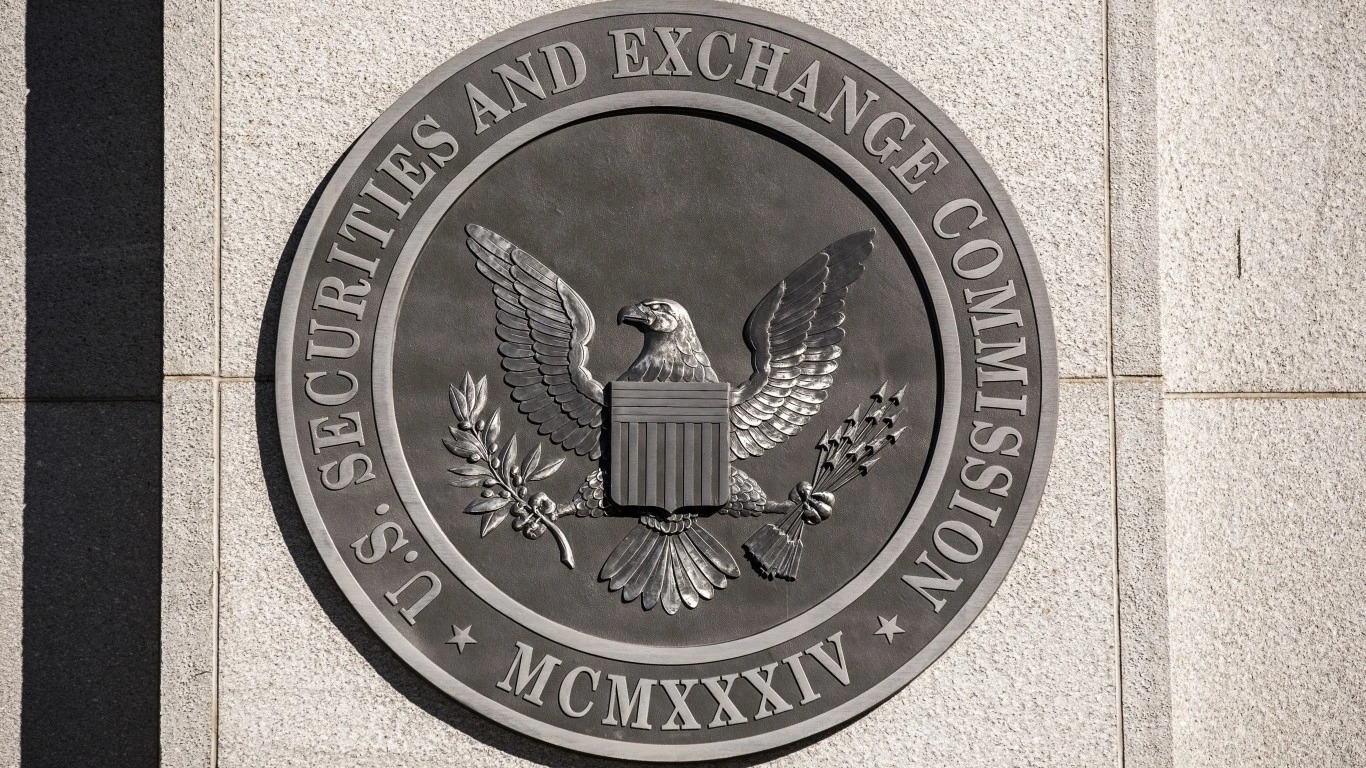
In June, the Securities and Exchange Commission (SEC) proposed new rules that would revamp Wall Street’s handling of retail stock trading. On Wednesday, the SEC Chair Gary Gensler’s outlined future will finally be revealed and open to feedback. The watchdog agency will vote on Gensler’s vision, which will be put for public comment.
SEC Rules: From Proposal to Execution
Congress established the SEC in 1934 as a direct response to the stock market crash of 1929, leading to the Great Depression. As such, the agency has the mandate to protect investors. In practice, this includes identifying new issues for which new rules must be established or old ones need to be tweaked.
Once the SEC drafts these proposals, the agency publishes them in the Federal Register, the “Daily Journal of the United States Government.” From this point forward, the SEC solicits public comments on the proposals, typically for 30-60 days.
The SEC staff then reviews submitted public comments, and considers changes based on that feedback. The finalized rules are again published in the Federal Register, with the exact date the rules will go into effect.
From then on, the SEC monitors how the new rules are implemented, enforcing compliance. Gensler’s outlook for how stock trading should work is now in the drafting stage before it is submitted for public comments.
SEC’s Proposed Rules Explained
One of the most significant financial controversies since the Great Recession of 2008 was the GameStop/AMC short-squeeze saga. In a mass-coordinated manner, retail traders went up against short-selling hedge funds, such as the now-defunct Melvin Capital. This clash exposed the underbelly of stock trading, from dark pools to the payment for order flow (PFOF) business model used by brokers like Robinhood.
Accordingly, at the center of the new ruleset change is how market makers, such as Citadel Securities or Virtu Financial, interact with stock brokers. Gensler proposed that rebate payments for order-flows, which brokers pay to wholesalers as a cut, are curbed but not eliminated.
Moreover, when traders send orders to brokers, orders should go through an auction mechanism. Previously, Gensler said, “there isn’t a level playing field among different parts of the market: wholesalers, dark pools, and lit exchanges.”
With trade order auctions, retailers would purportedly get optimal pricing for their trade orders. The need for such an auction mechanism stems from the concentration of some market makers. For example, Ken Griffin’s Citadel Securities handles over 40% of US-listed retail volume.
Gensler could also set price quotes in sub-penny increments at the largest stock exchanges: NDAQ, NYSE, and CBOE. This would even out the playing field between exchanges and market makers, as the latter can set unlimited sub-penny increments.
To increase stock market transparency, brokers and market makers both must disclose their trade-execution performance. This rule adjustment comes after it has been revealed that over 1 million GME shares, worth ~$359 million, failed to deliver in the GameStop short squeeze.
Recap of Reactions to SEC’s Market Revamp
When the SEC started floating the idea of eliminating the PFOF model, it would’ve meant the end of the road for brokers who depend on it. Thomas Peterffy, the founder of Interactive Brokers, even said Citadel Securities would then have to buy Robinhood while Charles Schwab would have to buy Virtu Financial.
In September, the total PFOF ban was removed from the SEC’s table, now delegated to curbing. Instead, Gensler’s focus is on making sure that the quoted National Best Bid and Offer (NBBO) represents competitive market price, as the highest and lowest bid/ask price for securities across exchanges.
Previously, Gensler had described the current NBBO as “I can measure myself being taller if I used a measuring rod that wasn’t a good ruler.”
The CEO of Virtu Financial (VIRT), Douglas A. Cifu, had countered Gensler by saying that Virtu enabled retail traders to save $12 billion last year because they executed orders at prices better than NBBO quotes. According to Cifu, under proposed rules, program traders (high-frequency algorithms for large trade volumes) would put market-makers out of business. During the day, VIRT stock dropped by 4%, and is at -28% year-to-date.
As for the largest market-maker, in its “get the facts” section, Citadel Securities presents itself as the market-maker that beat the NBBO quotes, known as price improvement. According to CS, this resulted in billions saved for retail traders.
Likewise, Robinhood’s Chief Legal Officer Dan Gallagher had noted that “Robinhood’s model of commission-free, no account minimums investing has saved investors billions.”
Overall, sub-penny increments on price quotes, alongside trade-execution performance disclosure, are most likely to go through into the implementation stage. In contrast, an order-by-order competition proposal that impacts market-makers’ bottom line will face stiffer opposition.
This article originally appeared on The Tokenist
Sponsored: Tips for Investing
A financial advisor can help you understand the advantages and disadvantages of investment properties. Finding a qualified financial advisor doesn’t have to be hard. SmartAsset’s free tool matches you with up to three financial advisors who serve your area, and you can interview your advisor matches at no cost to decide which one is right for you. If you’re ready to find an advisor who can help you achieve your financial goals, get started now.
Investing in real estate can diversify your portfolio. But expanding your horizons may add additional costs. If you’re an investor looking to minimize expenses, consider checking out online brokerages. They often offer low investment fees, helping you maximize your profit.






